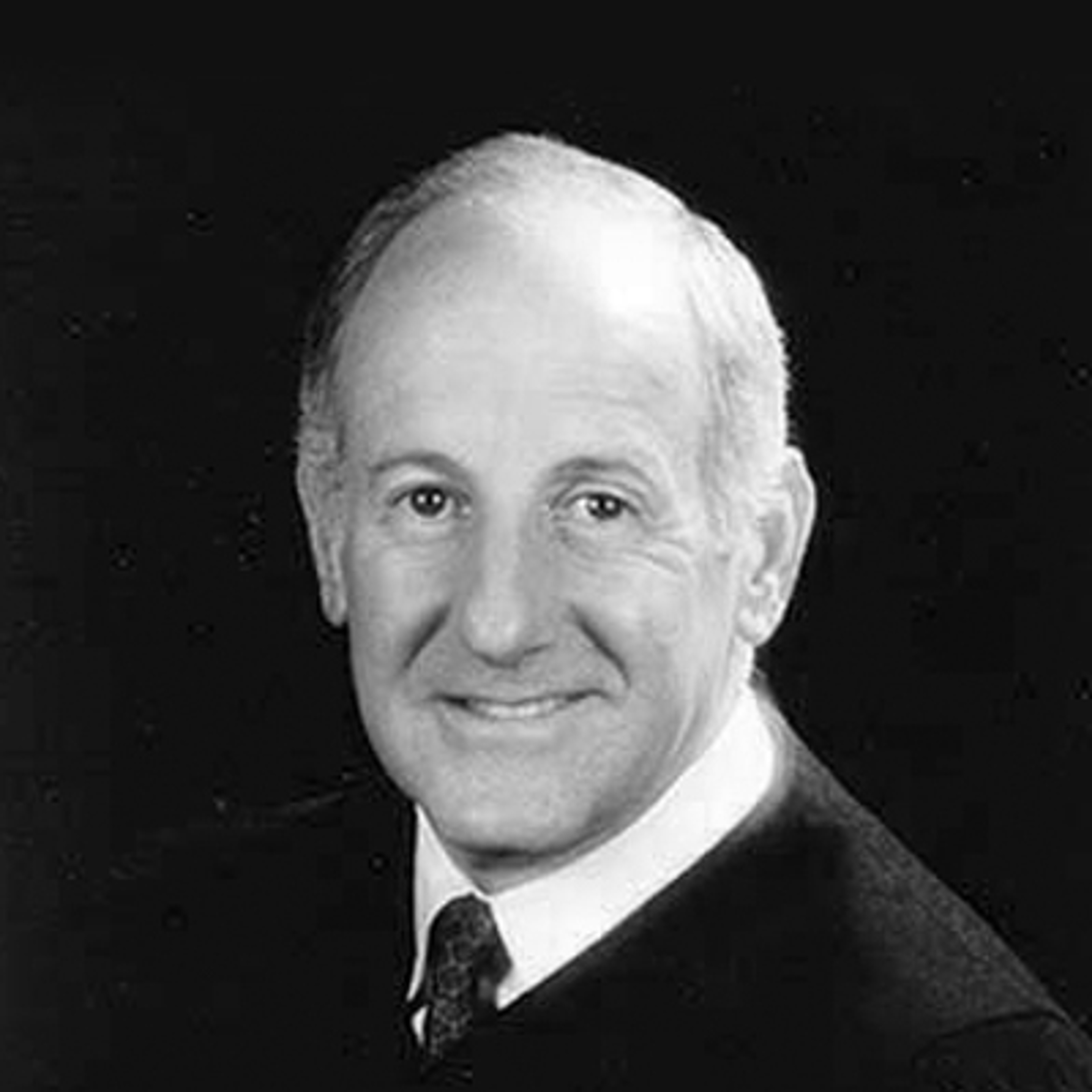Ronald George

CHIEF JUSTICE RONALD M. GEORGE is a 1961 graduate of Princeton University’s Woodrow Wilson School of Public and International Affairs and a 1964 graduate of Stanford Law School. From 1965 to 1972, he served as a Deputy Attorney General in the California Department of Justice, where he represented the State of California in six oral arguments before the United States Supreme Court, two of which involved arguing in support of the constitutionality of the death penalty, and appeared in numerous cases before the California Supreme Court, including the prosecution of Sirhan Sirhan for the assassination of Senator Robert Kennedy. In 1972, Chief Justice George was appointed to the Los Angeles Municipal Court by Governor Reagan, in 1977 to the Los Angeles County Superior Court by Governor Brown, Jr., in 1987 to the Court of Appeal for the Second Appellate District by Governor Deukmejian, in 1991 to the California Supreme Court by Governor Wilson as an Associate Justice (confirmed in 1994 by the voters for a 12-year term) and in 1996 as the 27th Chief Justice of California (confirmed in 1998 by the voters for a 12-year term). On the Superior Court, he served as supervising judge of the Criminal Division and presided over People v. Buono (the “Hillside Strangler” case) from 1981 to 1983, thereafter serving for three years on civil assignments in that court. In 1982, he was elected President of the California Judges’ Association. As Chief Justice of California, he chaired the Judicial Council of California and the Commission on Judicial Appointments, and cochaired the California-Federal Judicial Council. Chief Justice George has authored numerous publications and has lectured at numerous educational programs. Among the recognitions he has received are the State Bar Council on Access and Fairness Diversity Award (2010), being inducted as a Member of the Warren E. Burger Society (2010), the National Association of Women Judges Joan Dempsey Klein Award (2010), the Consumer Attorneys of California Champion of Civil Justice Award (2010), being inducted as a Fellow of the American Academy of Arts and Sciences (2009), the American Academy of Matrimonial Lawyers’ Family Law Person of the Year Award (2009), the Asian Law Alliance’s Legal Impact Award (2009), the Friends of the Los Angeles County Law Library’s Beacon of Justice Award (2009), the Los Angeles Consumer Attorneys Association Roger J. Traynor Memorial Award (2008), the Bar Association of San Francisco’s Champion of Justice Award (2008), the American Bar Association’s John Marshall Award (2007), the American College of Trial Lawyers Samuel E. Gates Award (2007), the Legal Writing Institute’s Golden Pen Award (2007), the American Judicature Society’s Opperman Award for Judicial Excellence (2006), the Consumer Attorneys of California Justice of the Year Award (2006), the Burton Reform in Law Award (2006), the State Bar of California’s Bernard Witkin Medal (2005), the Public Counsel’s William O. Douglas Award (2004), the James Madison Freedom of Information Award of the Society of Professional Journalists (2003), the William H. Rehnquist Award for Judicial Excellence (2002), the Judge Learned Hand Award (2000), the Foundation of the State Bar’s Justice Award (2000), the American Judicature Society’s Herbert Harley Award (1998), and the St. Thomas More Law Society’s Medallion Award (1997). He served as president of the Conference of Chief Justices and chair of the National Center for State Courts Board of Directors in 2003-04, and is a member of the steering committee of the Georgetown University Law Center’s Sandra Day O’Connor Project on the State of the Judiciary.
Chief Justice George was previously a member of the LA Committee and Think Long California.